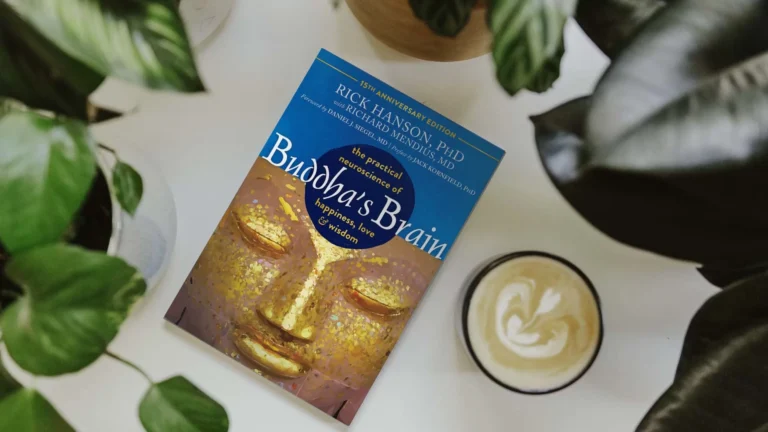Blending Science and Spirituality
If you’re like me, you may be skeptical of anything that sounds overly mystical—things like primal scream therapy, rebirthing, or neuro-linguistic programming. But meditation? That’s a different story. In recent years, meditation has shifted from being a spiritual curiosity to becoming a cornerstone of evidence-based therapies.
Across studies, meditation has been shown to reduce anxiety, depression, and even chronic pain. Its proven benefits have made it indispensable in modern psychology. As explored in Cognitive Behavioral Therapy research, mindfulness-based interventions are now backed by neuroscience and embraced by therapists worldwide.
The Evidence-Based Approach to Meditation
What’s particularly interesting is how Western approaches have stripped meditation of its Buddhist roots to make it more accessible to secular audiences. By removing its spiritual context, it becomes easier to integrate into treatments like mindfulness-based cognitive therapy. Yet, there’s something valuable in understanding the original Buddhist perspective—after all, Buddhism’s primary goal is the reduction of human suffering, supported by millennia of psychological insight.
The Bridge Between Brain Science and Buddhism
This is where Rick Hanson and Richard Mendius excel. Buddha’s Brain refuses to divorce meditation from its philosophical foundation, while also grounding it in hard science. Hanson, a neuropsychologist, and Mendius, a neurologist, merge cutting-edge neuroscience with timeless Buddhist psychology to explain how meditation reshapes neural pathways and emotional resilience.
Readers will find a refreshing balance between insight and evidence, similar in spirit to resources like scientific mindfulness studies that show how deliberate awareness can transform the mind. The book is neither dry nor overly technical—its language is clear, approachable, and deeply engaging.
Who Should Read Buddha’s Brain?
If you’re curious about how brain science intersects with meditation but want something digestible, this is an ideal starting point. Whether you’re pursuing better mental health, exploring personal growth, or simply learning to calm your mind, Buddha’s Brain offers valuable, scientifically grounded insights.
For those who want to further explore how mindfulness supports both mental clarity and emotional balance, the benefits of meditation for happiness are well worth reading. And if you’d like to dive into the neuroscience behind mindfulness, the National Center for Biotechnology Information (NCBI) provides peer-reviewed studies confirming its lasting brain effects.

